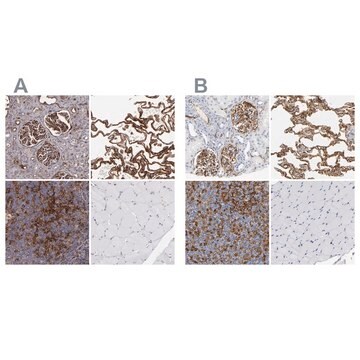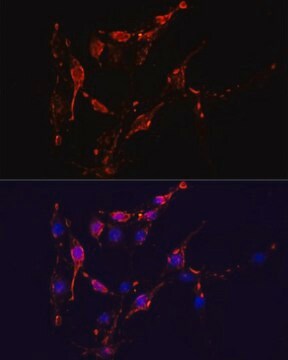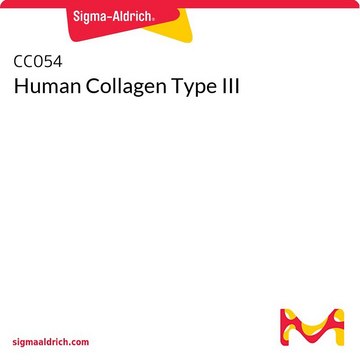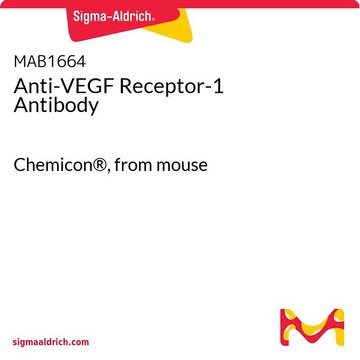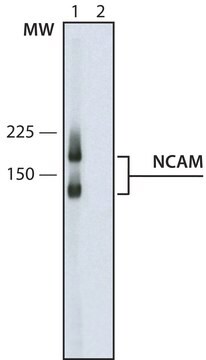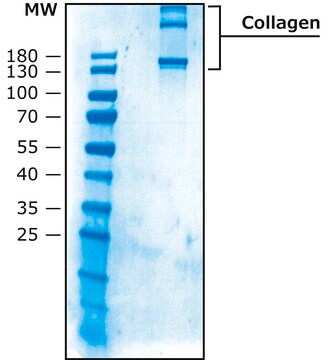C2969
Monoclonal Anti-I-CAM-1 (CD54) antibody produced in mouse
clone 8.4A6, purified immunoglobulin
Synonym(s):
Monoclonal Anti-CD54, Anti-I-CAM-1
About This Item
Recommended Products
biological source
mouse
conjugate
unconjugated
antibody form
purified immunoglobulin
antibody product type
primary antibodies
clone
8.4A6, monoclonal
mol wt
antigen 85-110 kDa
species reactivity
human, monkey
technique(s)
flow cytometry: suitable
immunocytochemistry: suitable
immunohistochemistry (frozen sections): suitable
indirect ELISA: suitable
isotype
IgG1
UniProt accession no.
shipped in
wet ice
storage temp.
−20°C
target post-translational modification
unmodified
Gene Information
human ... ICAM1(3383)
Looking for similar products? Visit Product Comparison Guide
Specificity
5th Workshop: code no. S 100
Immunogen
Target description
Physical form
Preparation Note
Disclaimer
Not finding the right product?
Try our Product Selector Tool.
Storage Class Code
10 - Combustible liquids
WGK
WGK 3
Flash Point(F)
Not applicable
Flash Point(C)
Not applicable
Personal Protective Equipment
Certificates of Analysis (COA)
Search for Certificates of Analysis (COA) by entering the products Lot/Batch Number. Lot and Batch Numbers can be found on a product’s label following the words ‘Lot’ or ‘Batch’.
Already Own This Product?
Find documentation for the products that you have recently purchased in the Document Library.
Our team of scientists has experience in all areas of research including Life Science, Material Science, Chemical Synthesis, Chromatography, Analytical and many others.
Contact Technical Service